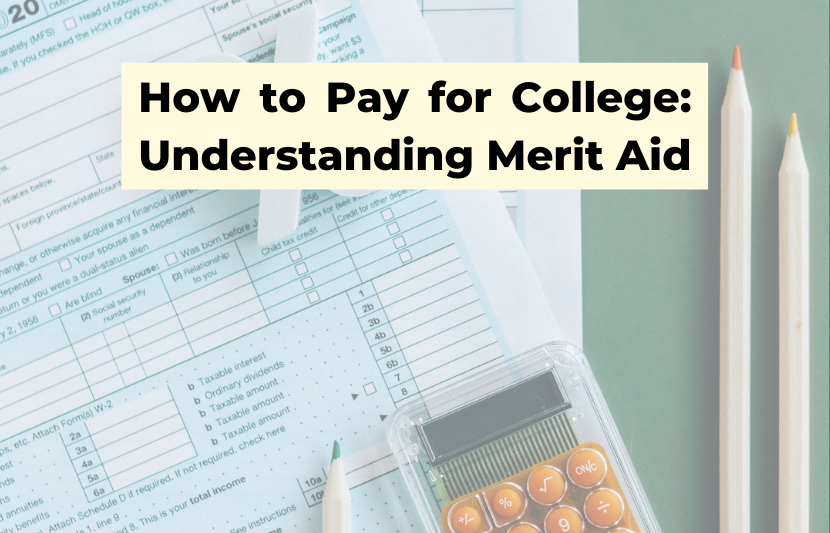In this episode of TUN TV, Dr. Crystal Rose interviews Danny Umali, co-founder and principal of Game Theory College, about what students and families need to know to understand merit aid, so they can get the most merit aid from their college.
Dr. Crystal Rose: Welcome to The University Network TV. I’m your host today, Dr. Crystal Rose. And on this college navigation show, we are exploring understanding merit aid in our series, “How Are You Going to Pay for College?”
We’ve invited a very special guest, Mr. Danilo Umali, co-founder and principal of Game Theory College, an interdisciplinary college planner team supporting students and their families to identify their college fits, as well as finding funding for college.
Welcome, Danny.
Danny Umali: I’m glad to be here, Dr. Rose, and I’m excited to hopefully give families a new perspective on college that maybe they haven’t heard before.
Dr. Crystal Rose: Let’s start by understanding merit aid from the perspective of colleges as institutions. You state that colleges are basically business. What does that mean? And can you give us examples of how they may portray themselves as businesses?
Danny Umali: Money makes the world go round. You have to have money for your professors, to recruit the best talent, to operate a campus.
And if you follow the money, you can begin to quickly understand the thought process as to why colleges may pick some students and award students some aid and not others.
Now, I don’t know if colleges necessarily portray themselves as businesses.
Dr. Crystal Rose: Are even elite colleges portraying themselves sometimes as businesses. What gives you that impression?
Danny Umali: There’s probably a large number of colleges that want to come across as these altruistic institutions of higher learning.
But I came across this when I was helping a student put together their LinkedIn page. If you actually go to Harvard’s LinkedIn page, in the “about” statement, the first thing they want you to know is, they’re the oldest college in the United States. And they also make it known that they’re also the oldest corporation.
And if you look at the paperwork, it’s actually Harvard Corporation rather than Harvard College. I would understand that given the fact that they have the largest institutional educational endowment in the country. I haven’t looked at the latest numbers, but it usually hovers around $40 billion.
If that’s not a business, I don’t know what you would call it.
Dr. Crystal Rose: It makes a lot of sense.
Can you give us an overview of how merit aid really works? Most of us think it means some type of funding because of our accomplishments, but why are some colleges motivated to provide merit aid?
Danny Umali: This goes back to our conversation of how colleges are businesses and if you follow the money, you can understand the thought process behind these colleges.
So yes, we are led to believe that merit aid is some type of reward for the student because they achieve some type of GPA, test score, or they achieved some sort of subjective mode of accomplishment.
At some colleges, it can be very transactional, where that is the case – where if you hit this GPA, if you hit this test score, this is your reward.
But if you actually look at it from a more broad view, these colleges employ a business model where they need to get their seats filled somehow. Because colleges operate on a price per seat model, they look at how much revenue they could generate and how much revenue a seat generates.
I was on the board of directors at a boarding school, and one of the board members said an empty seat generates $0 of revenue per year.
So, the truth is that merit aid is awarded based on jealousy. I know that’s strange, but hear me out. When colleges look at an applicant that they really want, they don’t want that applicant to go to another school. So, in order to increase the likelihood that the applicant will say “no” to the other colleges, they’re going to increase that merit scholarship to lock in that “yes” answer. They’re discounting the groups of students that they really want to come to their school.
Let’s say, I spent a lot of money on opening a new biology department and hiring some of the best professors that are Harvard- or Ivy-League-educated that are going to teach biology.
Then, I’m going to bring on really good biology majors. And how do I make that happen? I start to offer more money, more discounts, to favorable applicants that not only have the scores that I want but also happen to major in biology.












